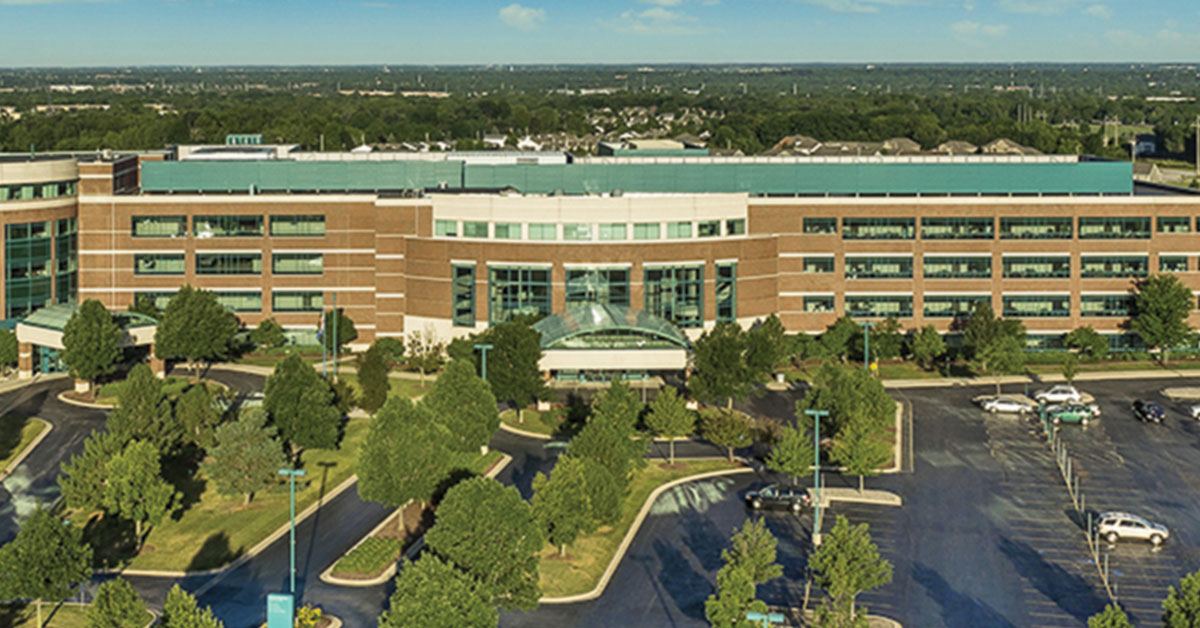Radiology
One of the region's most advanced radiology teams
BayCare Clinic has one of the region's most advanced radiology teams. Our radiologists interpret more than 92,000 images each year. These medical imaging experts use the latest technological advancements to diagnose and treat a wide range of diseases and medical conditions.
Advanced technology & training
Special radiology imaging techniques include x-ray, computerized tomography (CT), magnetic resonance imaging (MRI), ultrasound, nuclear medicine, mammography, angiography, positron emission tomography - computed tomography (PET/CT) and bone densitometry.
Our radiologists have access to state-of-the-art imaging equipment, including the region's first digital mammography machine and first 3T MRI. BayCare Clinic was the first to bring an interventional neuroradiologist to Northeast Wisconsin, and for many years was the only clinic to offer this highly specialized field of medicine.
The radiologist's role
Your radiologist plays a central role in your health care. He or she serves as a consultant to your physician, by helping choose the proper examination options and interpreting medical images. A radiologist directs radiology technologists who operate exam equipment to ensure proper performance and quality exams.
Radiologists will also treat disease through administration of radioactive materials (for cancer and hyperthyroid treatments), radiation (for cancer treatments) or through minimally invasive image-guided surgery (interventional radiology).
Some imaging procedures involve radiation. Your radiologist has advanced training in radiation safety and protection and can address your concerns.
BayCare Clinic radiologists are board certified by the American Board of Radiology. They operate at Aurora BayCare Medical Center and Aurora BayCare Orthopedic and Sports Medicine Center.
First 3T MRI machine
BayCare Clinic radiologists use the region's first 3T MRI, the most advanced MRI technology available. The Discovery 750 3T MRI is faster, more accurate, and more comfortable than other MRI machines. Fast scans means you spend less time in the MRI machine. Plus, no-miss imaging tools - including motion-correction - mean your radiologists get reliable results. That means both you and your doctor can be more confident in the diagnosis.
Our radiology team was also the first to offer digital mammography (2002) and breast MRI biopsies (2004) along with several other targeted breast radiation technologies in Northeast Wisconsin.
